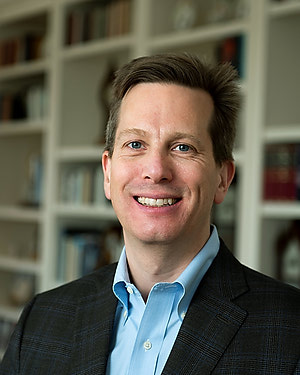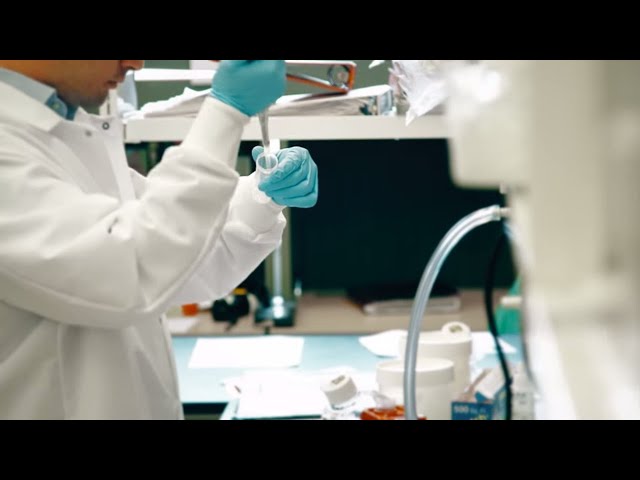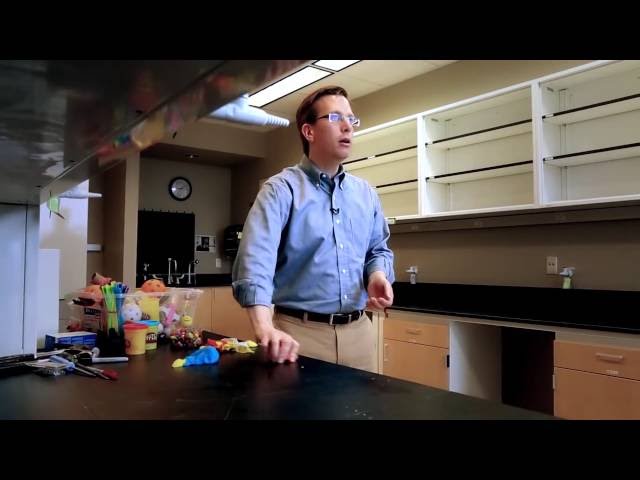Research Summary
The Ewald Lab seeks to understand how groups of cells cooperate, compete, and interact to organize tissue architecture and function during development and disease progression. Our foundation is understanding of normal organ architecture and development: how are they built during early development and then remodeled during adult life? Our disease focus is on breast cancer and specifically on elucidating the cellular strategies and molecular mechanisms driving metastasis. Metastasis is the multistep process by which cancer cells acquire the ability to leave the primary tumor, travel through the circulation, evade the immune system, and establish new tumors in distant vital organs. More than 90% of cancer deaths are attributable to metastasis across all organ sites. Unfortunately, few approved drugs specifically target the metastatic process and current therapies are insufficiently effective for patients with metastatic cancer.
We recognized that major progress in understanding and treating metastatic cancer would require fundamentally new experimental tools and research ecosystems. We, therefore, developed new approaches that allowed us to culture live tumor tissue in the laboratory. We grow cancer cells in three-dimensional (3D) environments customized to model specific stages in cancer progression, including tumor initiation, tumor growth, cancer invasion, entry into blood vessels, immune evasion, and growth of metastases in distant organs. Recent advances in laboratory automation and image analysis enable us to conduct these experiments at a large scale in a short time period, for example testing the effect of 1,000 drugs on metastasis initiation within a week. We combine cutting-edge microscopy, advanced genetics, next-generation bulk and single-cell sequencing, and bioinformatic analysis to understand how cells accomplish specific steps in metastasis, define the molecular tool-kit they utilize, and identify targets for new anti-metastatic drugs.
Lab
The Ewald Lab seeks to elucidate the molecular regulation of collective cell migration during normal mammary development and during the invasion and metastatic spread of mammary tumors. The lab provides interdisciplinary training in both basic and translation aspects of cancer research. Dr. Ewald has an interdisciplinary training history and provides an interdisciplinary training environment.
Dr. Ewald originally trained in solid-state physics, which he then applied in his Ph.D. to develop and apply advanced light microscopy techniques to study the molecular regulation of tissue movements during embryonic development. During his postdoctoral studies, he extended this foundation in developmental biology and microscopy to study the cellular basis of branching morphogenesis in the mammary gland.
His laboratory works on isolating the molecular regulators of epithelial invasion and dissemination in these 3D assays, using a combination of knockdown and knockout genetics and advanced molecular imaging. Trainees benefit from dual training in epithelial development and epithelial cancer invasion and learn state-of-the-art molecular genetics, 3D organotypic culture, and imaging techniques. Members of the lab range from biomedical engineers through cell and molecular biologists to medical oncology fellows and benefit from collaborations with faculty in Biomedical Engineering, Medical Oncology, Radiation Oncology, and Pathology.
Lab Website: Ewald Lab
Selected Publications
View all on PubMed
Chan IS, Knútsdóttir H, Ramakrishnan G, Padmanaban V, Warrier M, Ramirez JC, Zhang H, Jaffee EM, Bader JS, Ewald AJ, " Cancer cells educate natural killer cells to a metastasis promoting cell state, Journal of Cell Biology, 2020 Sep 7; 219(9) 10.1083/jcb.202001134.
Padmanaban V, Cheung KJ, Ewald AJ*, Bader JS*, Between-tumor and within-tumor heterogeneity in invasive potential," PLoS Computational Biology, 16 (1), e1007464 Jan 2020.
Padmanaban V, Krol I, Suhail Y, Szczerba BM, Aceto N, Bader JS, Ewald AJ, "E-cadherin is required for metastasis in multiple models of breast cancer," Nature. 2019 Sep;573(7774):439-444.
Cheung KJ, Padmanaban VP, Silvestri V, Schipper K, Fairchild AN, Ewald AJ, “Distant metastasis occurs through collective epithelial dissemination,” PNAS, 2016 Feb 16;113(7):E854-63.
Cheung KJ, Gabrielson E, Werb Z, Ewald AJ, “Collective invasion in breast cancer requires a conserved basal epithelial program,” Cell. 2013 Dec 19;155(7):1639-51.




Patient Ratings & Comments
The Patient Rating score is an average of all responses to physician related questions on the national CG-CAHPS Medical Practice patient experience survey through Press Ganey. Responses are measured on a scale of 1 to 5, with 5 being the best score. Comments are also gathered from our CG-CAHPS Medical Practice Survey through Press Ganey and displayed in their entirety. Patients are de-identified for confidentiality and patient privacy.